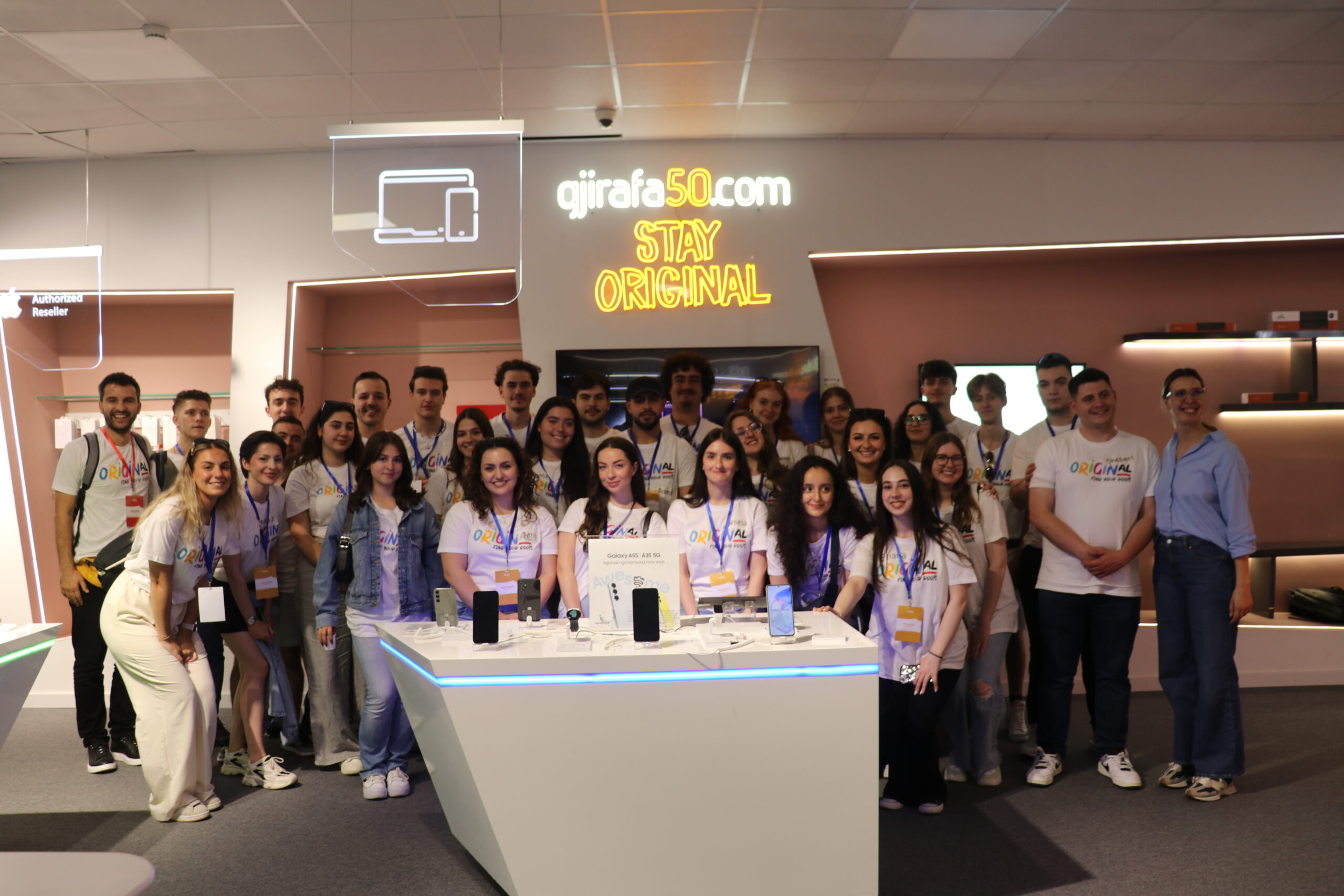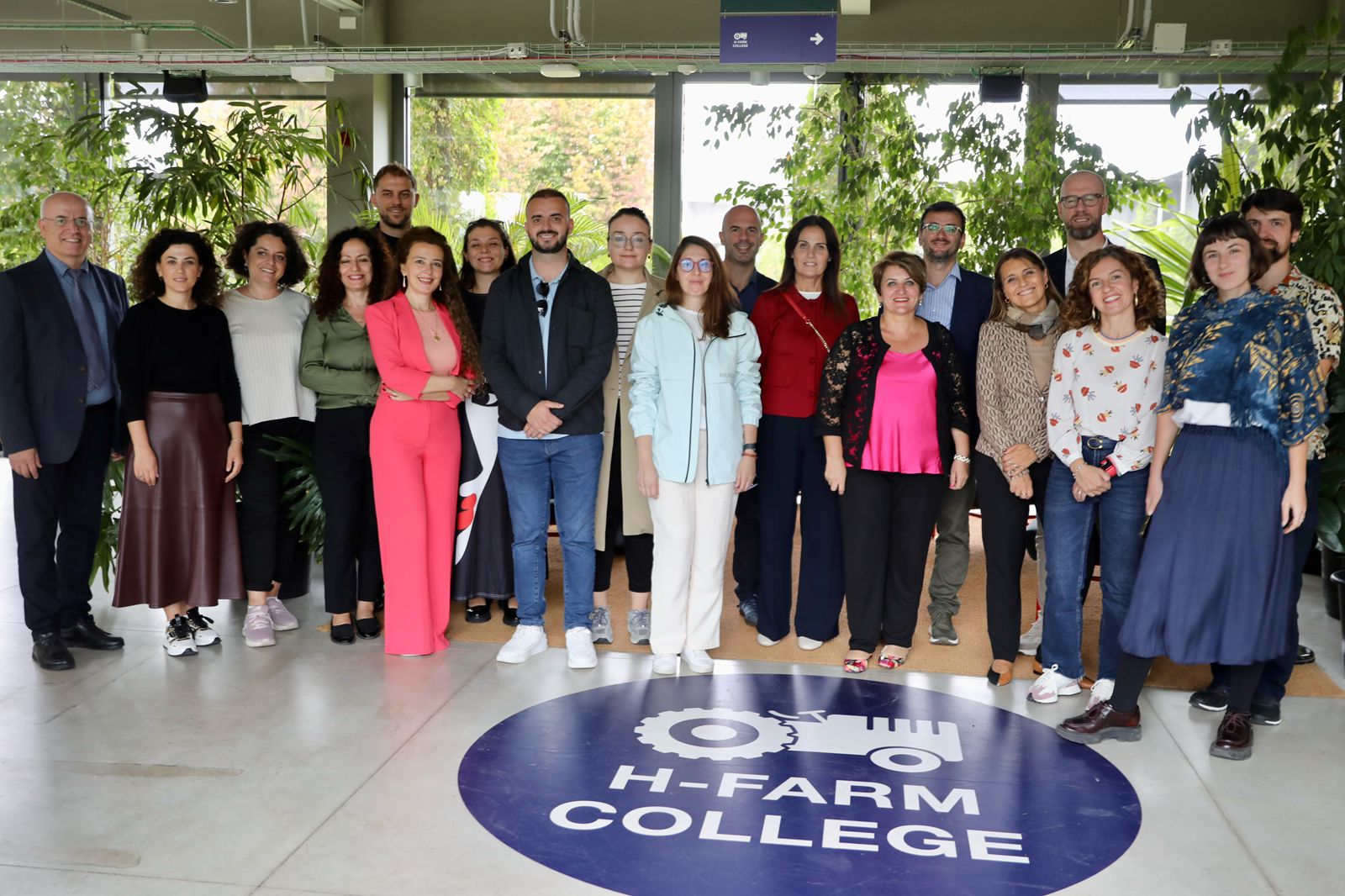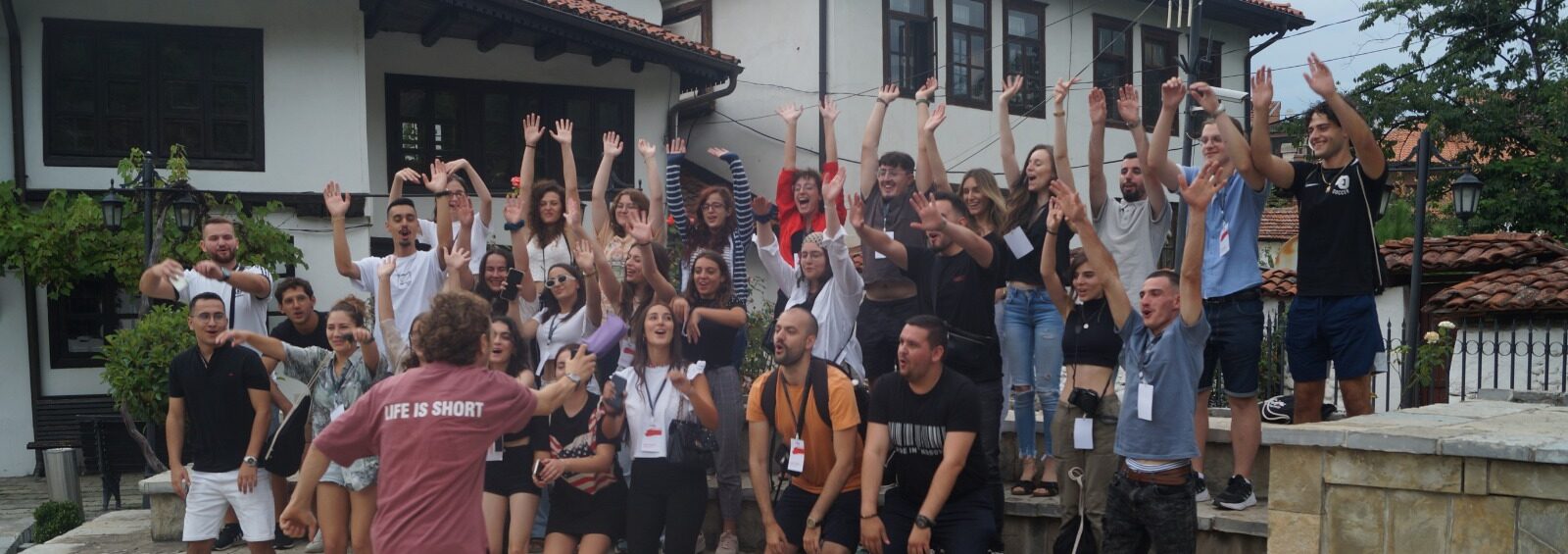On the second day of the OriginAL program, the fourth cohort visited Gjirafa HQ in Prishtina, Kosovo. Made possible through a collaborative effort between GERMIN and Gjirafa, the visit provided participants with a unique opportunity to witness firsthand the operations and innovative spirit of one of Kosovo’s leading tech companies. OriginAL is a program designed to help young Albanians from the diaspora connect with their cultural roots, and this cohort comprises 32 young Albanians from over 10 countries.
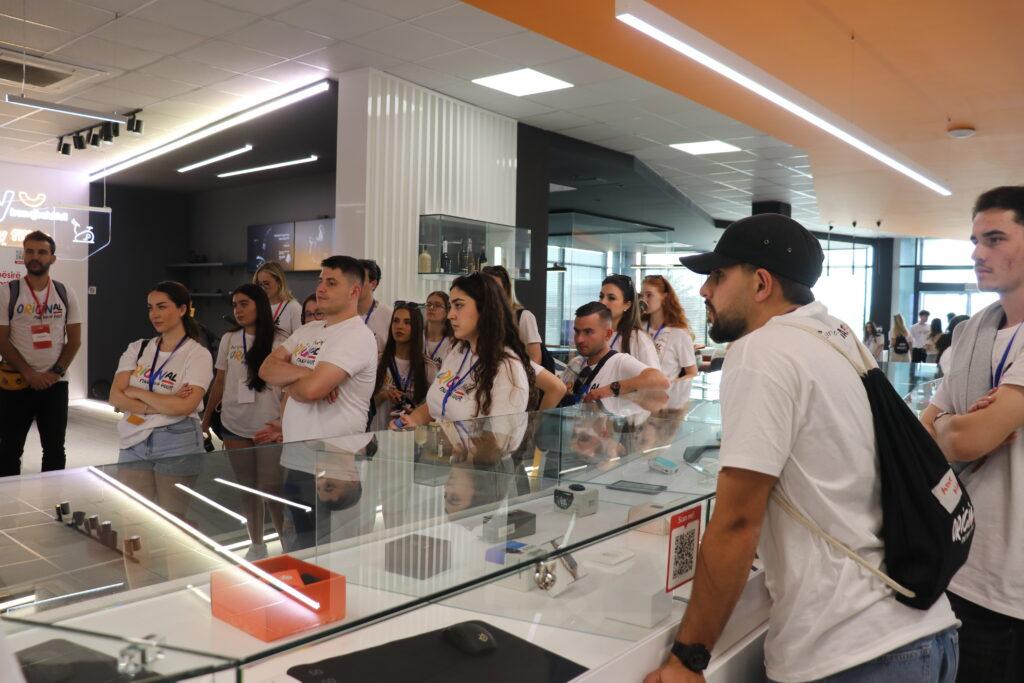
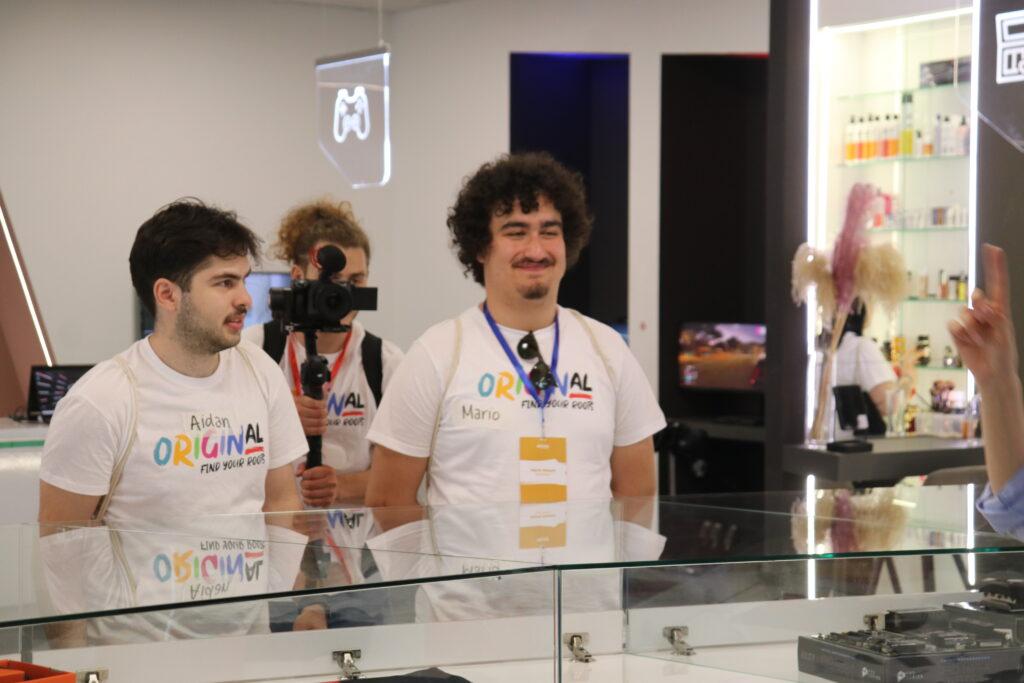
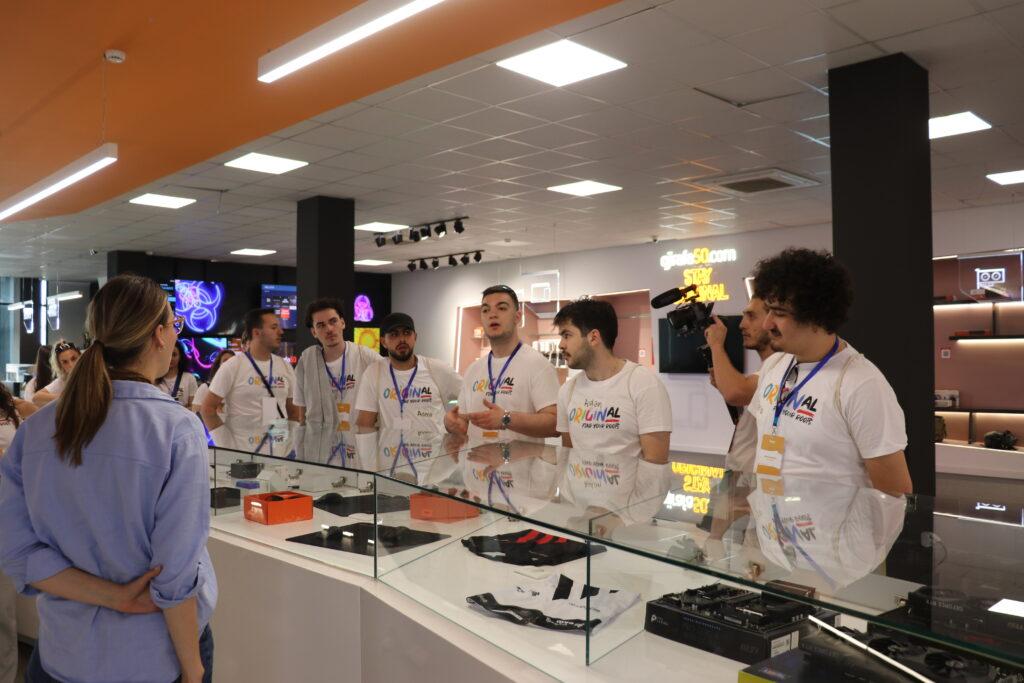
Guided by Greta Kamberi, Head of People and Culture at Gjirafa, the participants were introduced to various departments and activities and they got an inside look at how Gjirafa’s products are developed and the processes that drive Gjirafa’s success in the digital world.
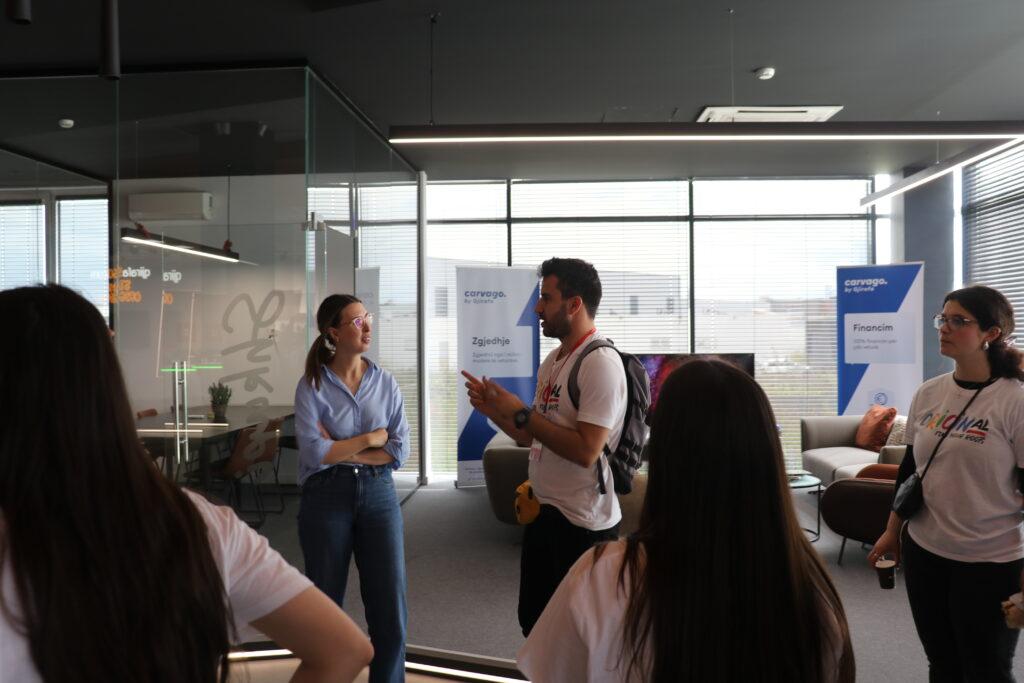
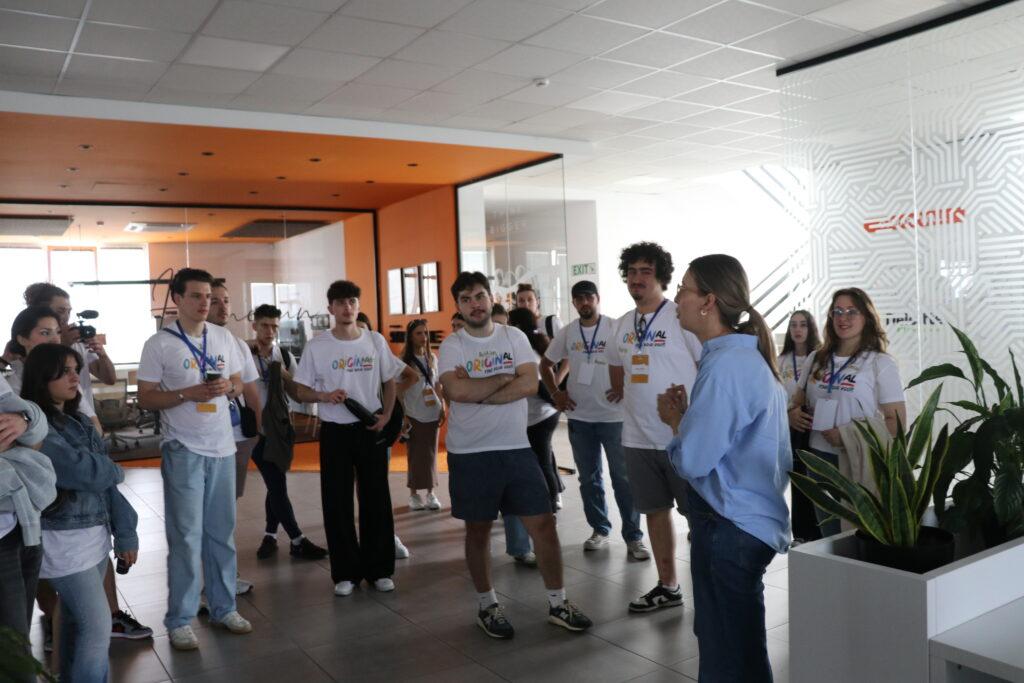
Engaging with the Gjirafa Team
OriginALs had the opportunity to engage with Gjirafa’s talented team members, who shared insights into their roles and responsibilities and answered the participants’ questions without hesitation. Participants were particularly inspired by the stories of team members, some of whom have returned to Kosovo from the diaspora to contribute to the country’s already growing technology industry.
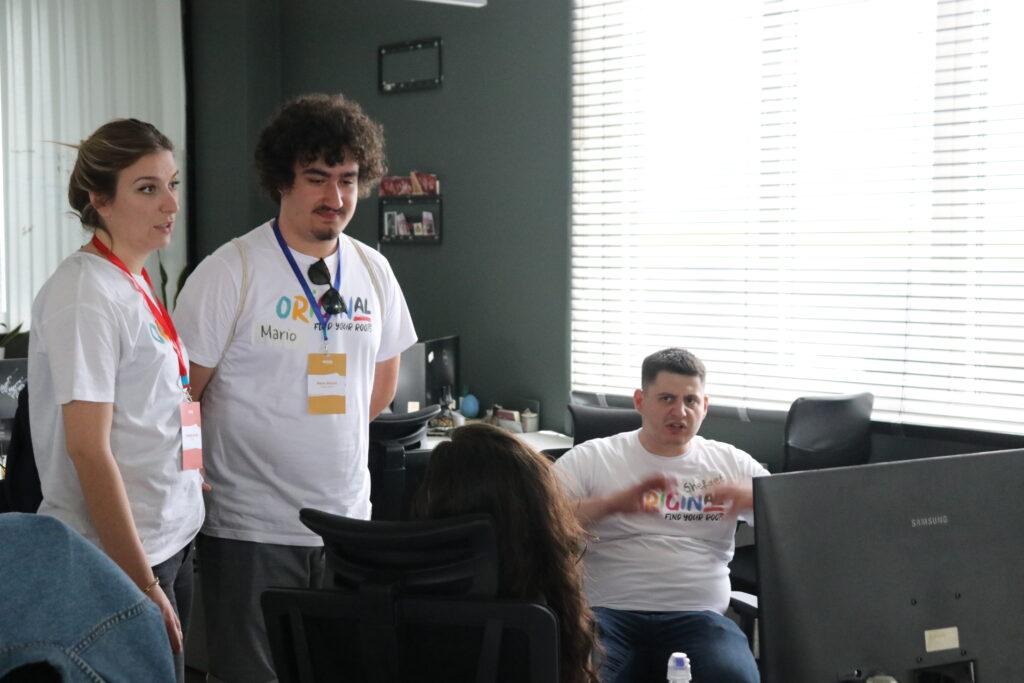
A Story of Return and Success
A highlight of the visit was a conversation with Salvi Tony Hoxha, an Albanian professional who returned from the USA to further his career in Gjirafa. His journey back to Kosovo is proof of the opportunities that the country offers to its diaspora. Among other things, he spoke about the differences between working for large corporations in the US and his current role at Gjirafa, emphasizing how his experience at Gjirafa is one of his career successes. His story resonated deeply with OriginAL participants, who are themselves part of the diaspora exploring their roots and opportunities in their homeland.
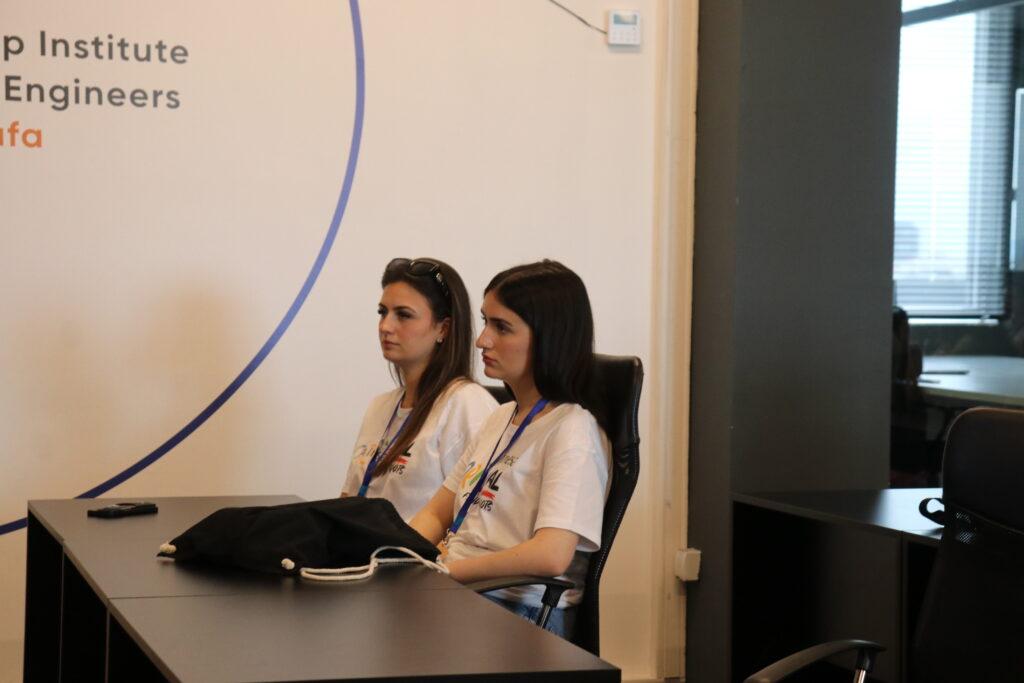
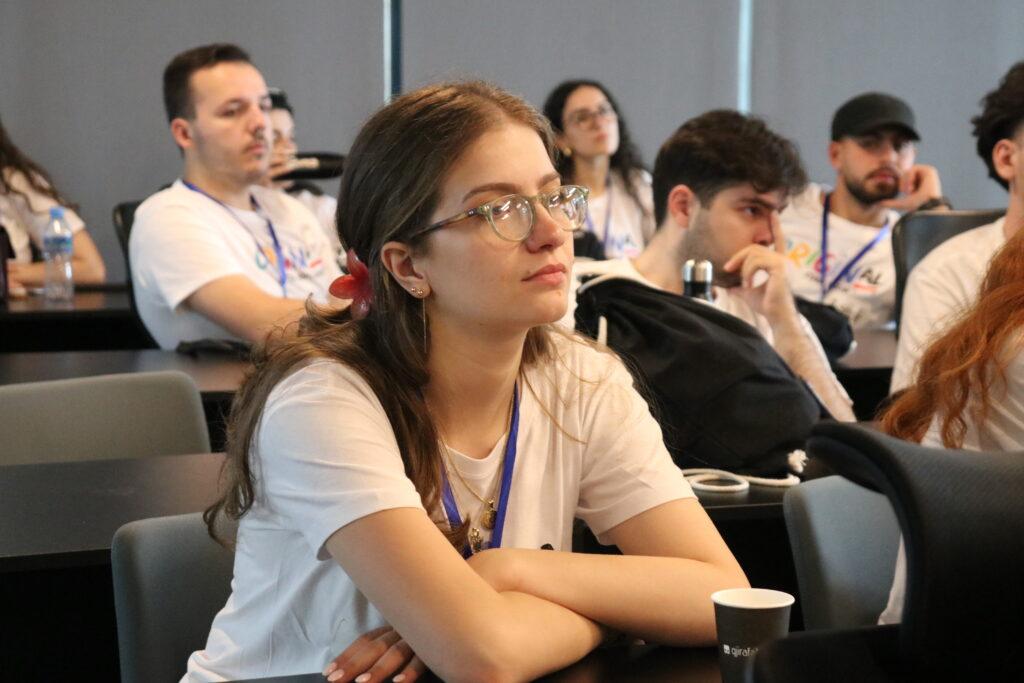
This visit was made possible through the collaboration between GERMIN and Gjirafa. GERMIN’s mission to engage the diaspora and create meaningful connections with their homeland aligns perfectly with Gjirafa’s vision of leveraging technology to drive Kosovo’s development. This partnership amplifies the power of collaboration in creating impactful experiences for the youth and the diaspora, encouraging them to contribute to the socio-economic development of our countries.
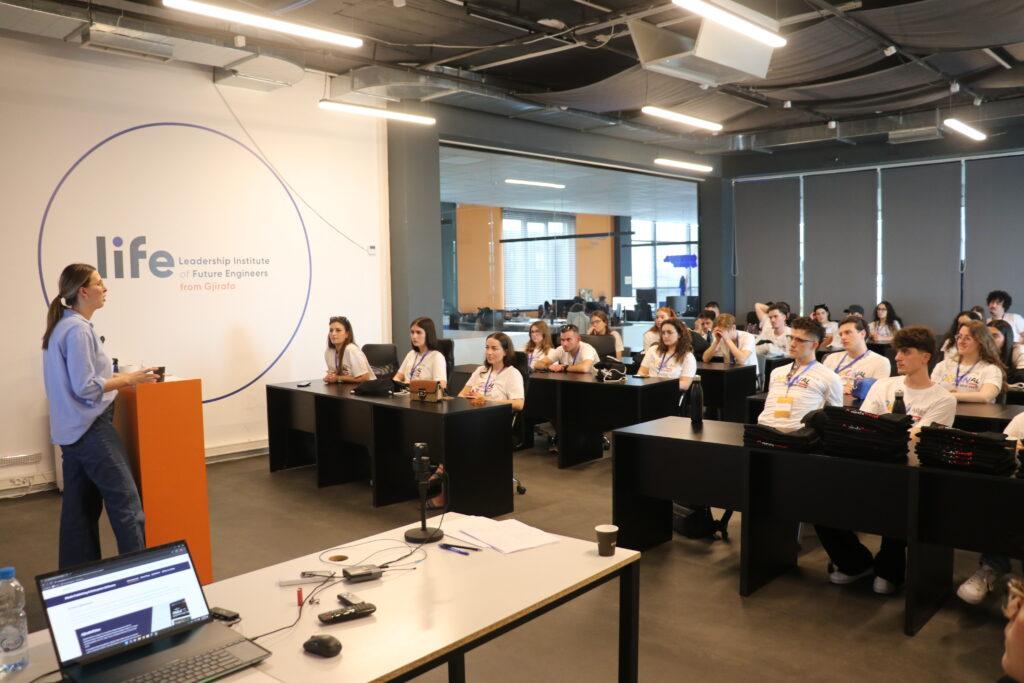
It also highlights the importance of programs like OriginAL in bridging the gap between the diaspora and their homeland, fostering a sense of belonging and commitment to our home countries’ future.
